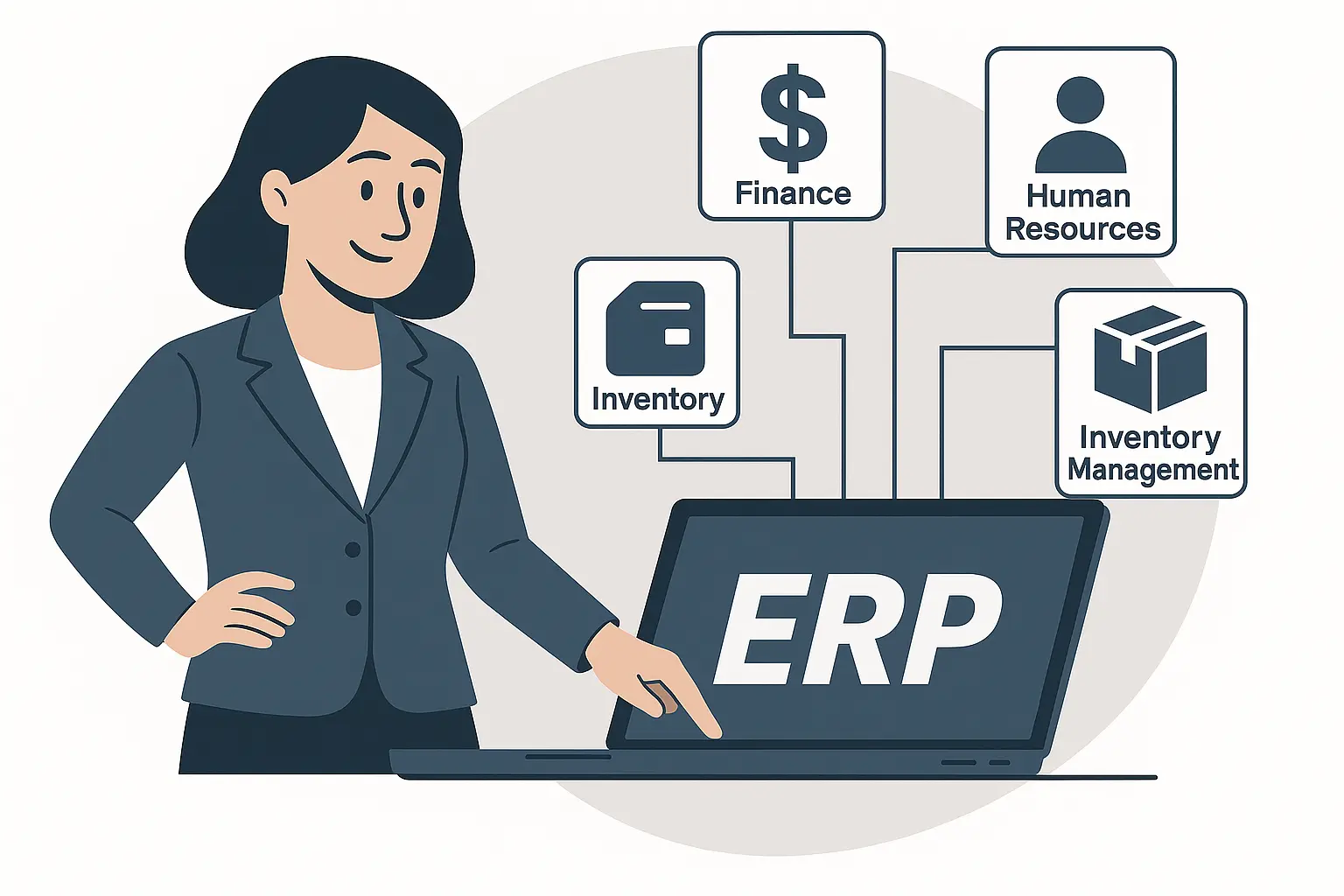
A Complete Guide to ERP Modules: Finance, HR, Inventory & More
- In today's fast-paced digital landscape, businesses of all sizes rely on ERP systems (Enterprise Resource Planning) to streamline operations and gain real-time visibility across departments. But ERP isn't just a single tool, it's a suite of integrated ERP modules, each designed to handle a specific business function, from finance and human resources to inventory and customer management.
- If you're exploring ERP software for your organization or upgrading an existing enterprise resource management system, this guide will walk you through the essential modules, their benefits, and why a modular approach is key to business efficiency.
- From finance and HRMS to inventory, CRM, and POS, each module plays a unique role in business optimization. The key is choosing a modular ERP that fits your organization's current needs while remaining scalable for future growth.
What Is an ERP Module?
- An ERP module is a distinct component within an ERP platform that focuses on a particular business area. Each module shares a centralized database, allowing data to flow seamlessly between departments.
- For example:
- The Finance module handles accounting and budgeting.
- The HR module tracks employee records and payroll.
- The Inventory module manages stock, procurement, and supply chains.
- You can choose modules based on your business needs, making ERP systems both scalable and customizable.
Finance and Accounting Module
- This is the backbone of any ERP software solution. It handles core financial activities, ensuring accuracy and compliance.
- Key Features:
- General ledger
- Accounts payable and receivable
- Tax management
- Bank reconciliation
- Budget forecasting
- Benefits:
- Real-time financial reporting
- Reduced errors in billing and transactions
- Regulatory compliance
- Use this module in retail, manufacturing, and service industries where financial transparency is critical.
Human Resource Management (HRMS) Module
- The HR module in ERP helps businesses manage their workforce efficiently. Many companies use it alongside or instead of standalone HR software.
- Key Features:
- Employee database management
- Attendance and leave tracking
- Payroll processing
- Recruitment and onboarding
- Performance evaluation
- Benefits:
- Streamlined payroll and tax compliance
- Centralized employee data
- Improved talent management
- Ideal for organizations scaling up or dealing with a remote/hybrid workforce.
Inventory Management Module
- The inventory module is essential for businesses involved in product-based operations, retail, e-commerce, manufacturing, and distribution.
- Key Features:
- Stock monitoring
- Barcode/RFID tracking
- Warehouse management
- Inventory valuation
- Purchase orders and GRNs
- Benefits:
- Reduces stock-outs and overstock
- Enhances supply chain efficiency
- Enables just-in-time inventory
- Use it in tandem with POS systems and warehouse management software.
Customer Relationship Management (CRM) Module
- This module manages all customer interactions and sales workflows. It's often integrated with sales CRM tools to give sales teams a unified customer view.
- Key Features:
- Lead and opportunity tracking
- Customer communication history
- Sales forecasting
- Quotation and order management
- Benefits:
- Increases customer retention
- Shortens the sales cycle
- Enhances marketing ROI
- Especially important for B2B companies, service providers, and any client-driven business.
Sales and Distribution Module
- This module automates the sales process - from inquiry to billing. It overlaps with CRM but focuses more on transaction execution.
- Key Features:
- Quotation management
- Sales order processing
- Delivery and invoicing
- Return and replacement
- Benefits:
- Ensures timely order fulfillment
- Reduces human errors
- Streamlines distribution logistics
Procurement/Purchase Module
- Managing vendors and purchases can be complex. The procurement ERP module simplifies sourcing, negotiations, and approvals.
- Key Features:
- Vendor management
- Purchase requisitions
- Request for quotations (RFQ)
- Purchase order tracking
- Benefits:
- Controls costs through centralized purchasing
- Reduces procurement delays
- Tracks vendor performance
Project Management Module
- If your organization handles multiple projects or client deliverables, this module is indispensable.
- Key Features:
- Task and milestone tracking
- Resource allocation
- Project budgeting
- Gantt charts and timelines
- Benefits:
- Avoids project delays
- Increases team collaboration
- Helps in accurate billing
- Common in IT firms, construction companies, and consulting agencies.
Manufacturing and Production Module
- This is crucial for companies in the industrial and production sector. It connects planning, execution, and quality control.
- Key Features:
- Bill of Materials (BOM)
- Production planning
- Shop floor control
- Quality assurance
- Work order management
- Benefits:
- Reduces production delays
- Improves product quality
- Integrates with supply chain
- Use in tandem with inventory, finance, and sales modules.
POS (Point of Sale) Module
- Many modern ERP platforms now integrate POS software to enable real-time retail sales tracking.
- Key Features:
- Billing and invoicing
- Real-time inventory updates
- Discounts and loyalty management
- Multi-location support
- Critical for restaurants, retail outlets, and supermarkets.
Learning Management System (LMS) Module
- Some advanced ERP solutions offer LMS tools to support internal training or external learning platforms.
- Key Features:
- Course management
- Quizzes and certifications
- Learner tracking
- Integration with HR module
- Useful for edtech platforms, universities, and large enterprises.
Conclusion
- Implementing an ERP software system is a strategic move that connects people, processes, and data across your enterprise. Whether you're a mid-sized business looking to automate HR or a growing enterprise seeking end-to-end ERP solutions, selecting the right ERP modules is essential.
- From finance and HRMS to inventory, CRM, and POS, each module plays a unique role in business optimization. The key is choosing a modular ERP that fits your organization's current needs while remaining scalable for future growth.
- If you're searching for the best ERP software company in Indore or anywhere in India, ensure they offer:
- Customizable ERP modules
- Seamless third-party integrations
- Full deployment and support services
Need help choosing the right ERP modules for your business?
- Talk to the experts at Webseeder Technologies Pvt. Ltd., your trusted partner for enterprise resource planning systems, CRM, HRMS, and more.
Frequently Asked Questions
The core ERP modules include Finance & Accounting for financial management, HRMS for workforce management, Inventory Management for stock control, CRM for customer relationships, and Sales & Distribution for transaction processing. The specific modules needed depend on your business type and industry requirements.
The Finance module provides real-time financial reporting, reduces billing errors, ensures regulatory compliance, handles general ledger operations, manages accounts payable/receivable, tax management, bank reconciliation, and budget forecasting. It's critical for financial transparency across retail, manufacturing, and service industries.
The CRM module focuses on managing customer relationships, lead tracking, communication history, and sales forecasting. The Sales & Distribution module handles transaction execution - quotation management, order processing, delivery, invoicing, and returns. CRM is relationship-focused while Sales & Distribution is transaction-focused.
Manufacturing companies should prioritize the Manufacturing & Production module (BOM, production planning, quality control), Inventory Management (stock monitoring, warehouse management), Procurement (vendor management, purchase orders), Finance (cost control), and Project Management for production planning and resource allocation.
ERP systems are designed to be modular, allowing gradual implementation based on business priorities and budget. You can start with core modules like Finance or Inventory, then add HR, CRM, or specialized modules as your business grows. This phased approach reduces implementation risk and allows for better user adoption.
Our Clients

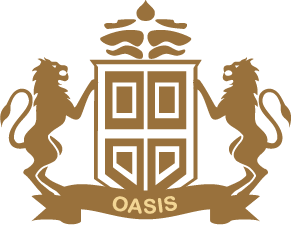
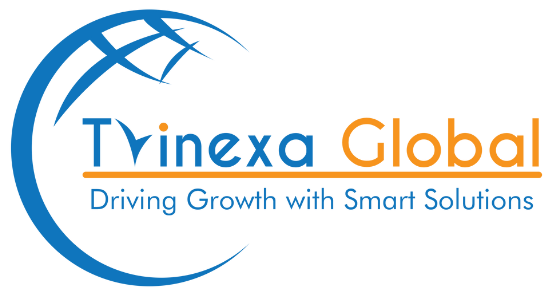




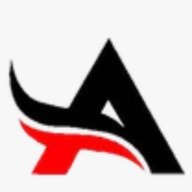
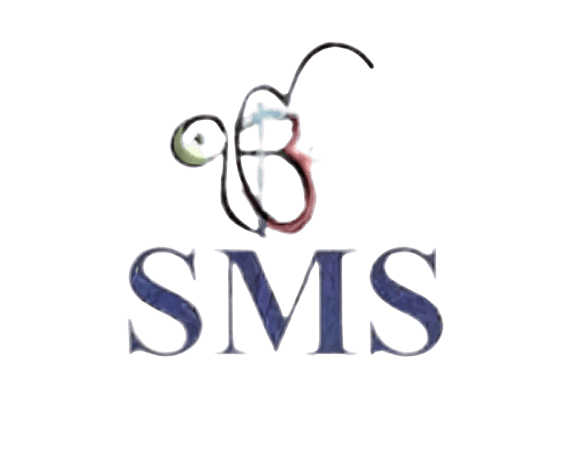

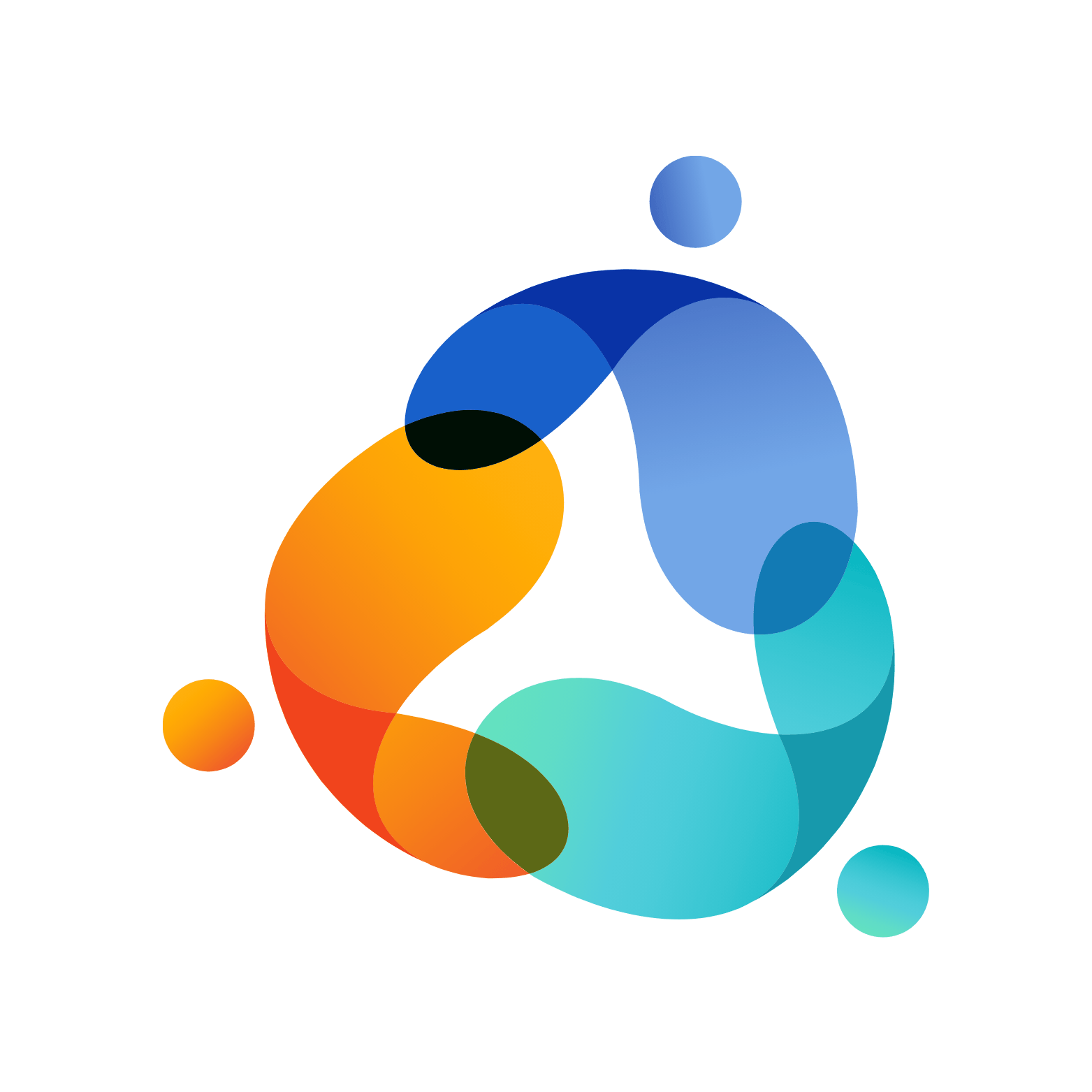
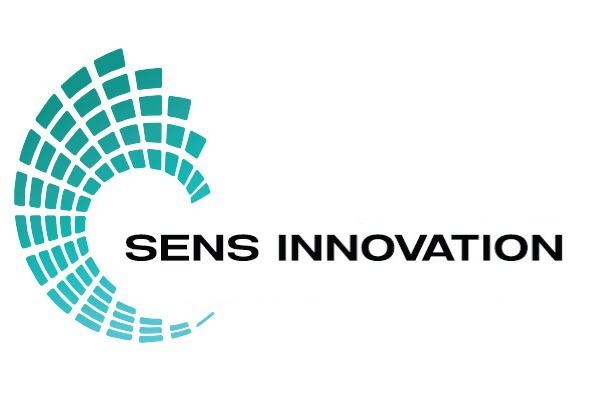
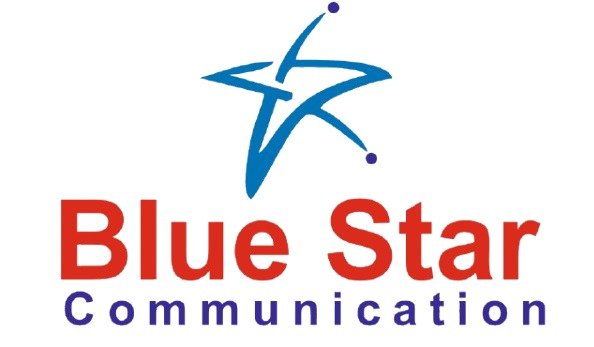































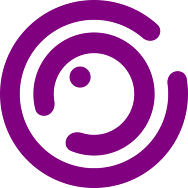
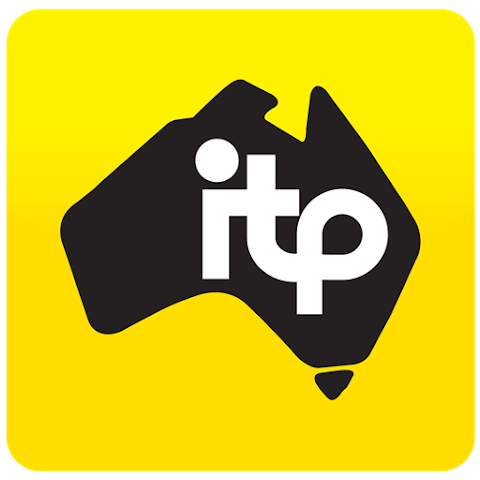
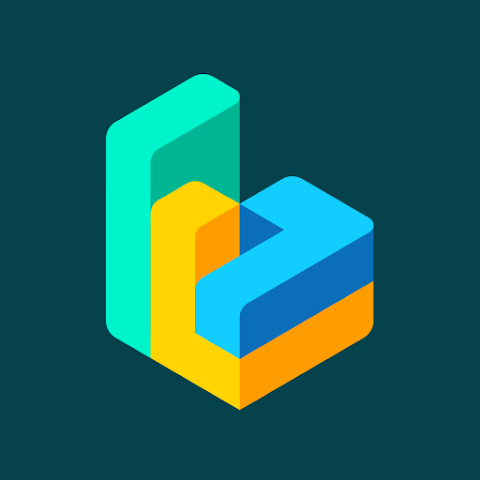
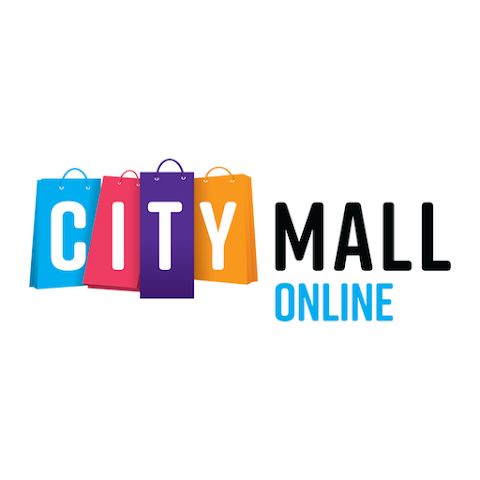
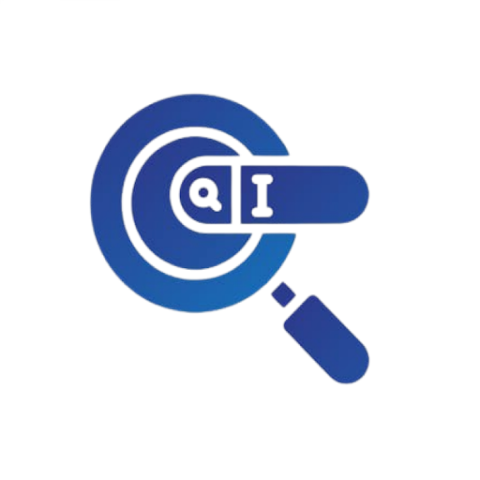



















































Together, let's create something great;
we hope to see you soon!
